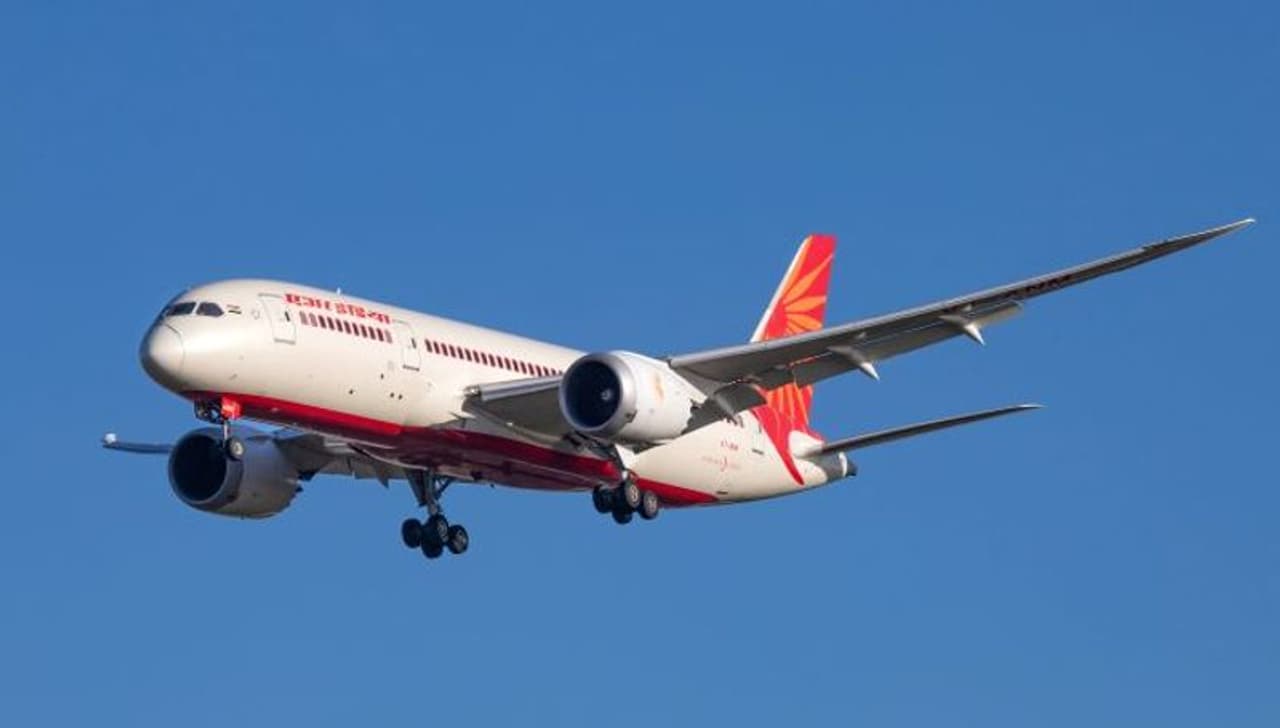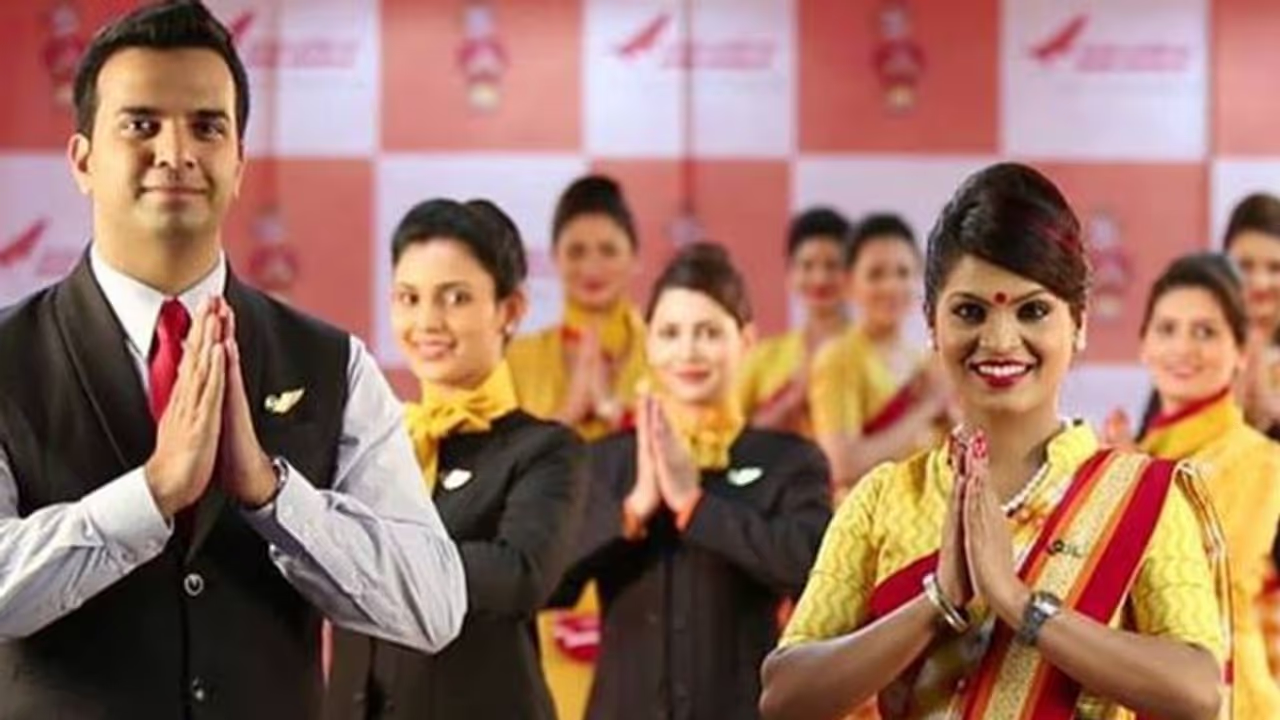After taking over the reins from the government in January last year, Tata Group has put in place various measures to turn around the fortunes of the loss-making carrier Air India, including placing the largest order for 470 planes and expanding international operations.
Bullish on growth prospects with a "healthy start" to Air India's five-year transformation plan, its chief Campbell Wilson on Monday said the airline is hiring 550 cabin crew members and 50 pilots every month and also expects to have six wide-body A350 planes in its fleet by the end of this year.

After taking over the reins from the government in January last year, Tata Group has put in place various measures to turn around the fortunes of the loss-making carrier, including placing the largest order for 470 planes and expanding international operations.
Talking about the airline's hiring plans, Wilson, who is the Managing Director and CEO, said there is no target per se, but about 550 cabin crew members and 50 pilots are coming in and trained afresh every month.
Also read: DGCA slaps Rs 30 lakh fine on Air India; Here's why
"In the case of cabin crew members, it is about ten times and in the case of pilots, it is about five times on an annual rate of the pre-privatised airline," he told PTI in an interview in the national capital.
According to him, this pace of hiring will continue for most of this year, taper off by the end of this year and accelerate again towards the end of 2024.
"It (hiring pace) will match the induction of aircraft". Against the backdrop of the process of merging Air India Express and AirAsia India (now known as AIX Connect), and Vistara with Air India, Wilson said they are also sensitive to the consolidation that is subject to regulatory approvals. There are people, and (they) can fill in the roles. We are calibrating on who we are bringing in from outside in accordance with who exists with the four airlines... we are consolidating the airlines and growing substantially," he said.
On what could be the staff strength putting all the four airlines together, Wilson said it would be around 20,000, excluding those being hired as part of the growth strategy. Earlier this month, Wilson told employees that Air India and Air India Express have hired more than 3,900 people, including over 500 pilots and 2,400 cabin crew members, since the start of this year.

"The first narrow-body aircraft will come around July or August. The first wide-body aircraft (A350) will come around October," Wilson said about the induction plans from the historic order placed for 470 planes earlier this year.
Currently, Air India has 122 planes and is expanding its fleet. The airline expects to have six A350 and eight B777 aircraft by the end of this year. So far, the carrier has taken 9 B777 planes on lease.
In February, Air India announced that it would buy 250 aircraft, including 40 wide-body A350 planes, from European aviation major Airbus and 220 planes from US aircraft maker Boeing under separate deals. The order comprises 40 Airbus A350s, 20 Boeing 787s and 10 Boeing 777-9s wide-body aircraft as well as 210 Airbus A320/321 Neos and 190 Boeing 737 MAX single-aisle aircraft.
According to the Air India chief, the true transformation will happen from next year onwards as it will get all the leased aircraft, start retrofitting old aircraft and deliveries from order for 470 planes.
On the challenges ahead, Wilson said it will be the sheer scale and pace of change as the airline was under-invested for quite some years.
"So, the transformation that the main airline needs is significant. It is also merging the airlines... building training capacity and supporting the unprecedented growth path from a standing start," he added.
Also read: Go First crisis: Disheartened pilots rush to Air India's walk-in job drive
About the domestic industry, he said, "We all want a healthy, growing and stable ecosystem that is good for the consumers, economy, travellers, airlines, staff..."
A repeated cycle of failures is not good for all of the stakeholders. So, that is a natural evolution and it has happened elsewhere too, he added.
Regarding the ongoing five-year transformation plan 'Vihaan.AI', he said it has been a healthy start.
On wet leasing of aircraft by airlines, Wilson said it is a short-term measure to allow supply and demand to be in balance. "In the short term, it is a perfectly reasonable thing. In the long term, I think, we need to be careful that it does not undercut the incentive to invest in your own assets and put the skin in the game to grow the market... in a sustainable way," he noted.
IndiGo has taken aircraft on a wet lease as part of expanding its international presence.
(With inputs from PTI)
